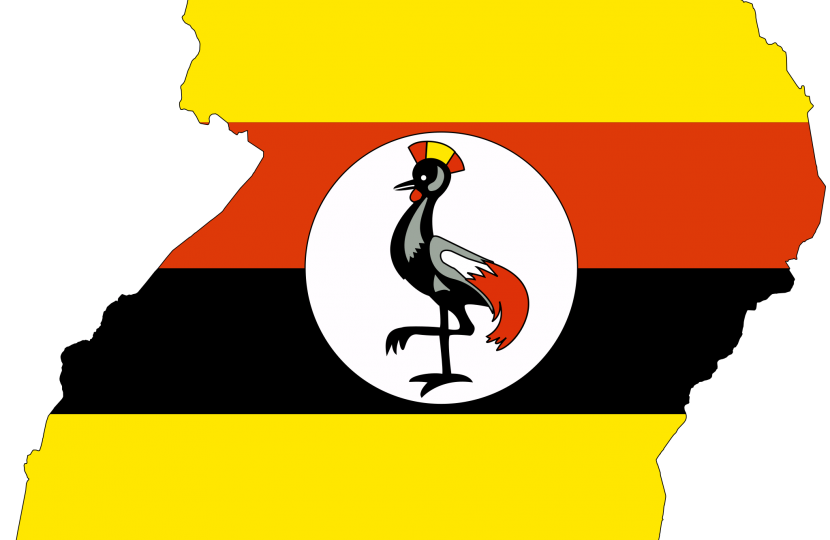
Uganda’s deeply disturbing anti-homosexuality law frequently-asked questions.
What is the Anti-Homosexuality Law?
Uganda is a country with deeply-held anti-homosexuality views. A large majority of the country is opposed to homosexuality and homosexual acts by men were already outlawed in Uganda before the passage of the new law.
This new law extends the ban on homosexuality to include lesbians, which is a first in Uganda. It also outlaws the “promotion of homosexuality”. The new law is less severe in its enacted form than it was in its previous incarnation; which was known as the “kill the gays” bill.
What are the penalties under this law?
The penalties for homosexual acts in Uganda vary depending on the specific acts undertaken. A sentence of life imprisonment is given for those found guilty of gay sex (including oral sex); “aggravated homosexuality” (which covers various acts, including sex with minors and sex while HIV positive); and living in a same-sex marriage.
The act requires a sentence of seven years for “attempting to commit homosexuality”; although what this actually means is uncertain. It may be that attempts to commit homosexuality will include attempting to solicit sex, and this may be a part of the legislation that will be used by undercover police.
Furthermore, Kaleidoscope pointed out that “victims” of homosexual acts are exempt from prosecution for “any crime committed as a direct result” of “involvement in homosexuality”. This not only allows any 'sting' operations by police to result in violence or even the death of their targets, but it also exempts homophobic vigilantes from prosecution.
Directors of businesses and non-governmental organisations may also face a seven-year sentence, as well as the cancellation of their businesses’ certificate of registration, if the business or businesses they run are found guilty of “promoting homosexuality”.
Individuals found guilty of “promoting homosexuality” will face between five and seven years imprisonment, a £24,500 fine, or both.
Is the law enforceable?
Unfortunately it does appear to be enforceable. Male homosexuality was already outlawed in Uganda and instead of introducing a new crime that may not be enforceable, this law simply extends a pre-existing crime to include more acts.
What has been the Conservative Party’s response to the law?
The Conservative Party has condemned the new law. Hugh Robertson, MP called the law “incompatible with the defence of minority rights” while LGBTory patron Crispin Blunt called for travel bans on Ugandan politicians while the new law is in force.
Why was the law passed?
The Ugandan government is determined to appear independent of pressure from Western nations. European aid to Uganda has been cut in recent years and its oil legislation stalled in December; which poses a real problem for the country.
In addition, the passage of the new law through the Ugandan Parliament acted as a unifying agent amongst politicians. With such a majority of the Ugandan people already viewing homosexuality with distaste, the new law had the effect of boosting the popularity of the country’s politicians with ordinary citizens.
Further Reading
